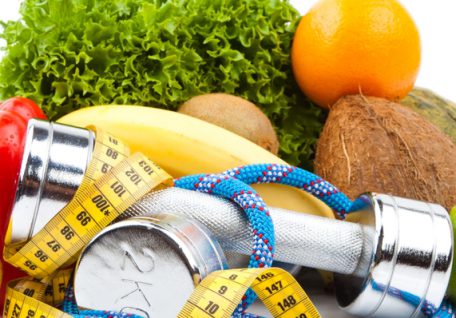Drinking coffee is a well-established and much loved part of many of our daily routines, with the majority of us not surviving the morning without a cup of our favourite brew. Coffee has become not just something we drink to help us wake up in the morning, but a way of life and a real part of our culture. Something perhaps less thought about is the impact a coffee has on athletic performance and whether it can be used as an effective pre-workout stimulant.
Let’s take a closer look at the relationship between caffeine and sports performance:
What Is Caffeine?
Caffeine is a naturally occurring stimulant found in seeds, leaves and nuts of several plants. Caffeine is most commonly consumed in coffee, tea, cola, energy drinks and sports drinks. Its widespread social acceptance means that many people consume caffeine regularly, with caffeine-containing beverages typically having 30-120mg of caffeine. Caffeine is becoming an increasingly popular topic of discussion in sports performance, with many caffeinated products being marketed to and consumed by athletes.
Caffeine and Performance:
The major performance benefits caffeine appears to have come from its influence on the central nervous system and its effects on helping to reduce perception of effort and fatigue. More specifically, caffeine is able to act as an adenosine receptor antagonist. By blocking the action of adenosine, the feeling of being able to train or race harder for longer is created, hence improving performance.
When To Consume:
The benefits of caffeine can be felt soon after consumption, with studies showing that effects can begin after as little as 10 minutes. Maximum caffeine concentration has been found to be reached in the blood after 30-45 minutes, with the effects lasting between 2 and 3 hours. Having said this, individuals will respond differently depending on factors such as gender, age and metabolic rate, so its best to experiment with this timing window.
How Much To Consume?
While individual responses to caffeine will vary, studies have shown that typically doses in the range of 1-3mg of caffeine per kilogram of body weight are sufficient to improve performance. For example, 70-210mg of caffeine for someone weighing 70kg.
A 250ml cup of instant coffee will have approximately 60mg of caffeine, an espresso will have around 75-100mg per shot and a 500ml bottle of iced coffee will contain anywhere between 30-200mg of caffeine.
In Summary:
Used properly and consumed within the recommended amounts, caffeine may have positive outcomes on your training. So, if you needed another excuse to consume your daily coffee, we may have just given you one (sorry not sorry!). For more information about caffeine intake and how to optimise this for training and performance, a sports dietitian would be the ideal point of contact.
For more information about our Personal Training courses, check out our Cert III & IV in Fitness and become qualified in a field you are passionate about!






